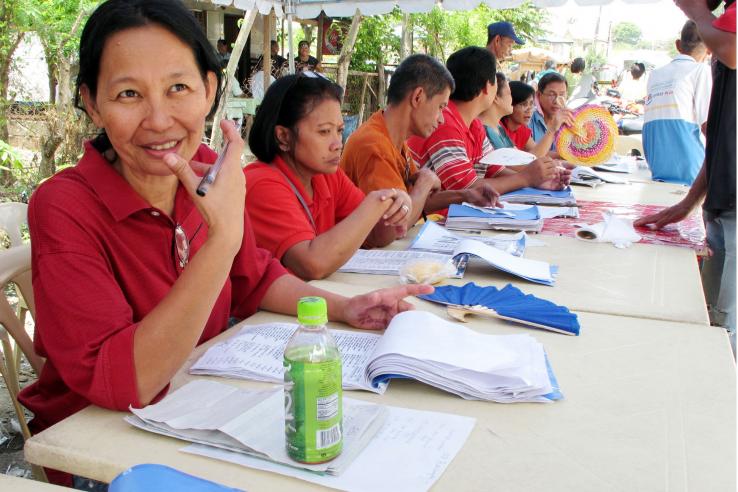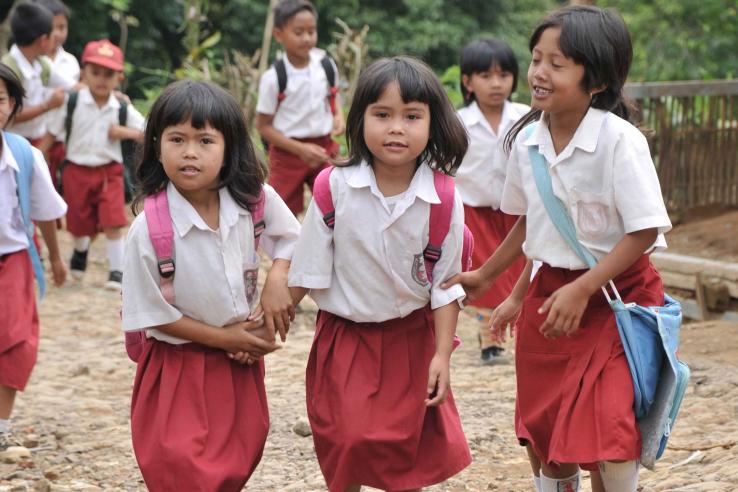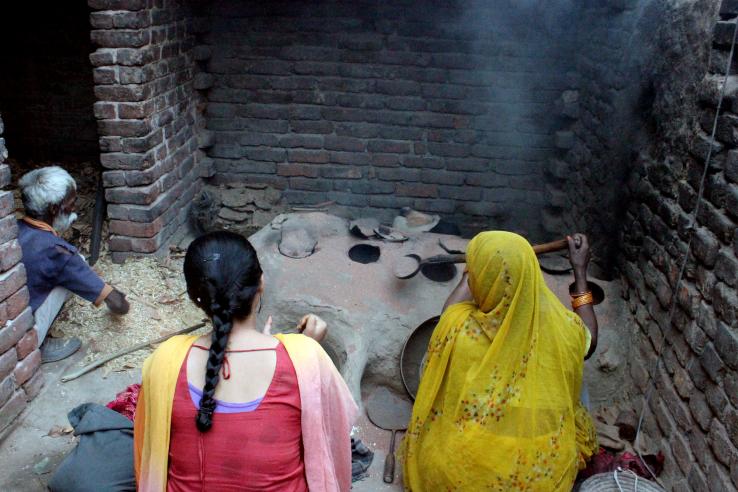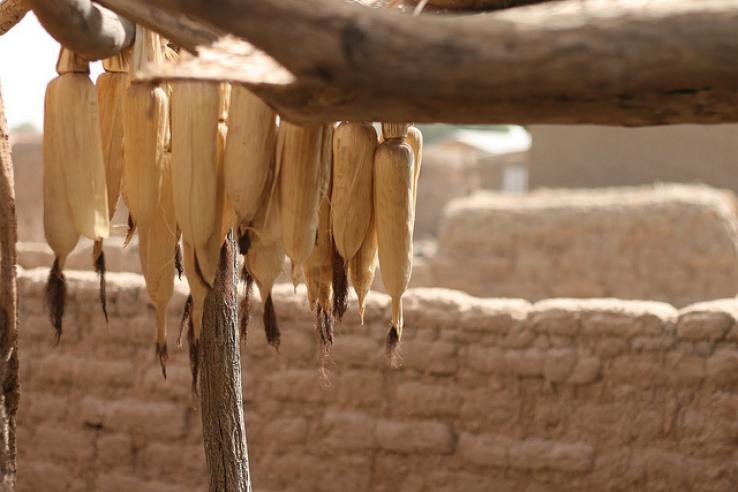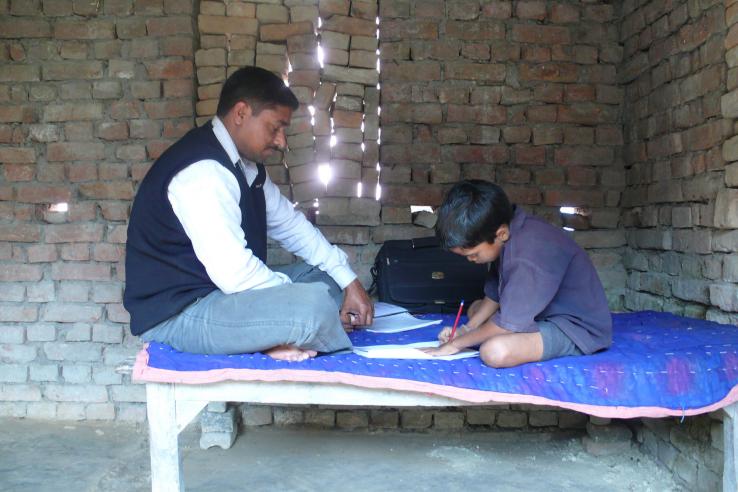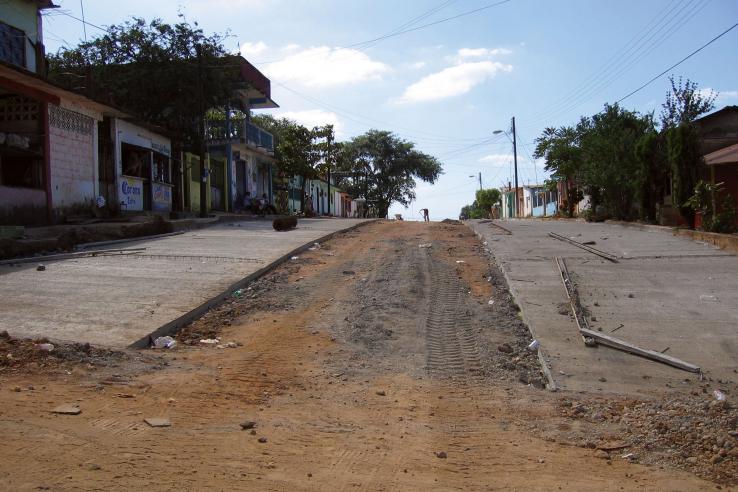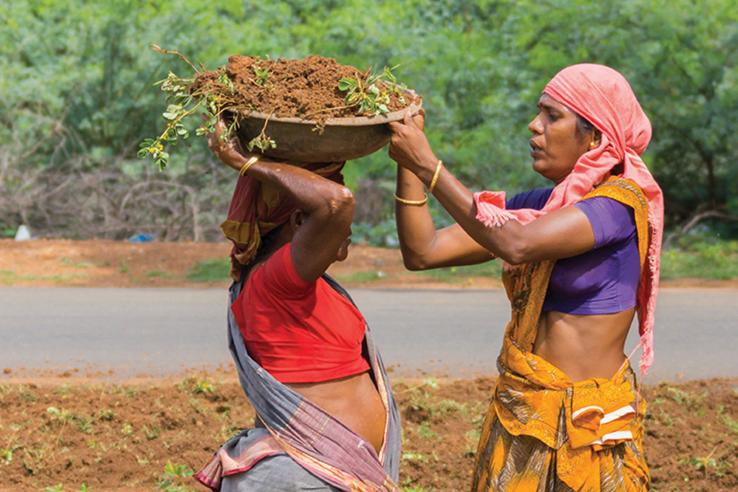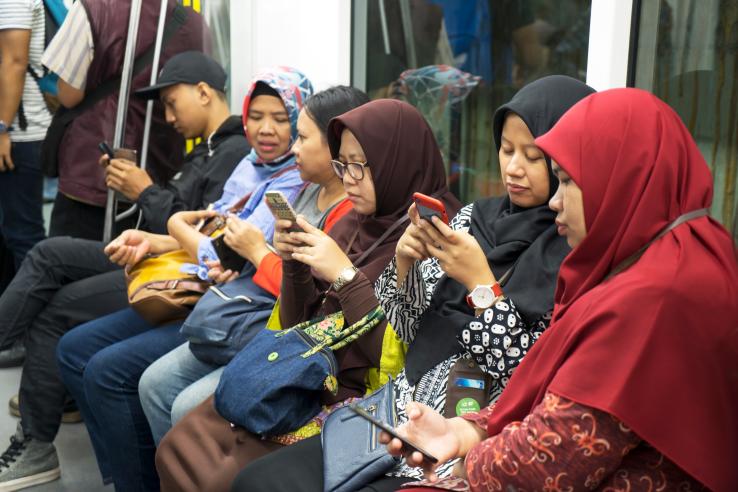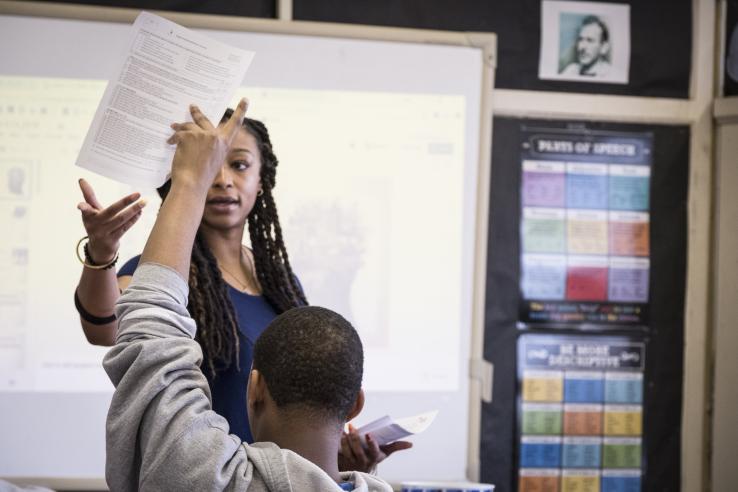Displaying 6271 - 6285 of 8338
Evaluation
In Argentina, a researcher evaluated whether informing students of their potential could be a cost-effective way to increase motivation and improve educational outcomes among secondary school students. They found that the intervention did not impact students’ perceptions of the difficulty of school tasks, school climate, academic performance, or future education plans.
Evaluation
Can a multi-dimensional program enhance parental involvement and student outcomes? Programa Aprender en Familia (Family Learning or PAF), a program implemented in elementary public schools attended by poor students in Chile, led to improved parental involvement and improved relationships between parents, students, and teachers. Results were largest for younger students (second through fourth grades) and the second cohort of schools to receive the program.
Evaluation
Researchers partnered with two political parties in the Philippines to evaluate the effect of deliberative campaigns on voter turnout and vote shares. While deliberative town halls did not increase voter turnout, results suggest that they were effective in increasing vote shares by changing voters’ attitudes and making the party’s platform more persuasive among specific societal groups.
Evaluation
Researchers partnered with the Government of Indonesia to evaluate the impact of community block grants and the additional effect of performance incentives. They found that community block grants improved health and education in Indonesian villages, and adding performance incentives sped up improvements in health.
Evaluation
While researchers found a meaningful reduction in smoke inhalation in the first year after households received an improved stove, there was no effect over longer time horizons. The difference between the laboratory and field results is due to households’ revealed low valuation of the stoves. Households failed to use the stoves regularly or appropriately, did not make the necessary investments to maintain them properly, and use ultimately declined over time.
Evaluation
Researchers evaluated the impact of additional investments in agriculture on income for subsistence farmers. In rural Mali, giving some farmers unrestricted cash grants led to significantly higher productivity and profits, suggesting farmers would invest more in their farms if they had more capital.
Evaluation
A common strategy for increasing school attendance is to offer cash rewards or other incentives to households, usually to the parents, when their children attend or perform well in school. In Gurgaon, India, researchers tested whether giving education incentives to parents or children influenced the incentives’ impact on educational outcomes. All of the incentive schemes had a substantial impact on test scores. Giving incentives to parents was more effective for high-performing students, whereas giving incentives to children was more effective for low-performing students. This suggests that incentivizing parents was more effective when they were good at motivating and supporting their children.
Evaluation
Many urban areas in developing countries lack basic services such as piped water, electricity, sewage lines, and paved roads. Researchers analyzed the effect of paving streets in residential areas in Mexico on the living standards of adjacent households. Street paving increased property values, allowing households to purchase more home appliances and vehicles and to invest in home improvements. A cost-benefit analysis suggests that the economic returns to paving streets outweighed the construction costs.
Evaluation
In sub-Saharan Africa, youth unemployment is expected to reach 50 percent by 2025. One reason for high unemployment among this group is that youth may live geographically far from where many jobs are located, making traveling to search for employment difficult and expensive. Researchers conducted a randomized evaluation to examine the impact of providing transportation subsidies on youth employment in Johannesburg, South Africa. Reducing job search costs through a transportation subsidy led job seekers to search more intensively, but their overall lack of success in finding a job led them to lower their search standards and led some job seekers to accept lower paying jobs in the township.
Evaluation
Researchers worked with local banks and the state government of Madhya Pradesh to provide women with their own bank accounts, training on how to use them, and direct deposit of wages earned through the Mahatma Gandhi National Rural Employment Guarantee Scheme (MGNREGS) to measure the impact of increased financial control on women’s labor supply, their bargaining positions in their households, and community gender norms. Relative to just providing bank accounts, additionally providing training and direct deposits changed gender norms: women worked outside the home more, had greater financial agency, and were more likely to approve of women working .
Evaluation
If disadvantaged students lack information about their educational opportunities after high-school and the academic preparation they need to succeed in top universities, they may be less likely to apply to and attend these universities. Researchers tested the impact of a program that connected underprivileged high schools with higher education institutions to provide academic tutoring and support.
Evaluation
In Malawi, researchers offered micro-entrepreneurs either single or multiple lockboxes to evaluate the impact of the boxes on savings and other business and financial outcomes. Individuals offered multiple lockboxes saved more than those offered a single lockbox, suggesting that providing lockboxes may be a cost-effective way to promote savings.
Evaluation
Researchers conducted a randomized evaluation on measuring the impact of celebrity Twitter endorsement for a child immunization campaign on the public’s opinion and behavior towards immunization. Celebrity endorsement increased Twitter engagement with the immunization campaign, primarily when celebrities authored messages themselves and did not explicitly cite credible public health sources. Celebrity endorsement led to increased communication and knowledge about health behaviors in individuals’ communities, though there was no impact on an individual’s immunization decisions for their children.
Evaluation
Researchers evaluated three STEM-focused summer programs for high school students and found that the programs increased students’ likelihood of attending a highly-ranked university, graduating, and earning a degree in STEM.
Evaluation
Researchers conducted a randomized evaluation to test the impact of providing information to students on their decision to pursue courses and majors in economics at a public university in the United States. The intervention increased male students' likelihood of studying additional economics courses when compared to female students, but the intervention did not impact students’ decision to major in economics, irrespective of gender.


